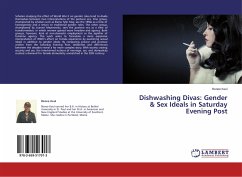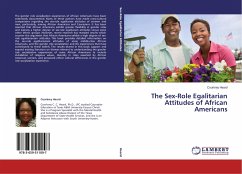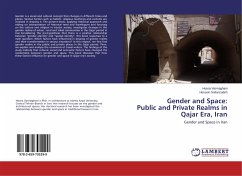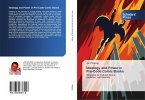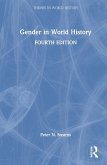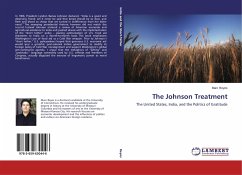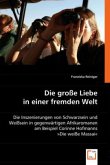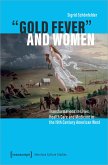Scholars studying the effect of World War II on gender roles tend to divide themselves between two interpretations of the postwar era. One group, championed by scholars such as Elaine Tyler May, see the 1950s as a time of homogeneity and a return to traditional gender roles. The other group, championed by Joanne Meyerowitz, sees the postwar era as a time of transformation, in which women gained more freedom and agency. Both groups, however, look at non-domestic employment as the signifier of feminine agency. This work seeks to formulate a more expansive interpretation of WWII's effect on female experience by examining sexual ideals in addition to gender ideals. By comparing prewar and postwar articles from the Saturday Evening Post, similarities and differences between the decades reveal a far more complex story. With society craving security and sex, the intertwined notions of marriage, sex, and domesticity created a demand for female domesticity unmatched in the 20th century.
Bitte wählen Sie Ihr Anliegen aus.
Rechnungen
Retourenschein anfordern
Bestellstatus
Storno

